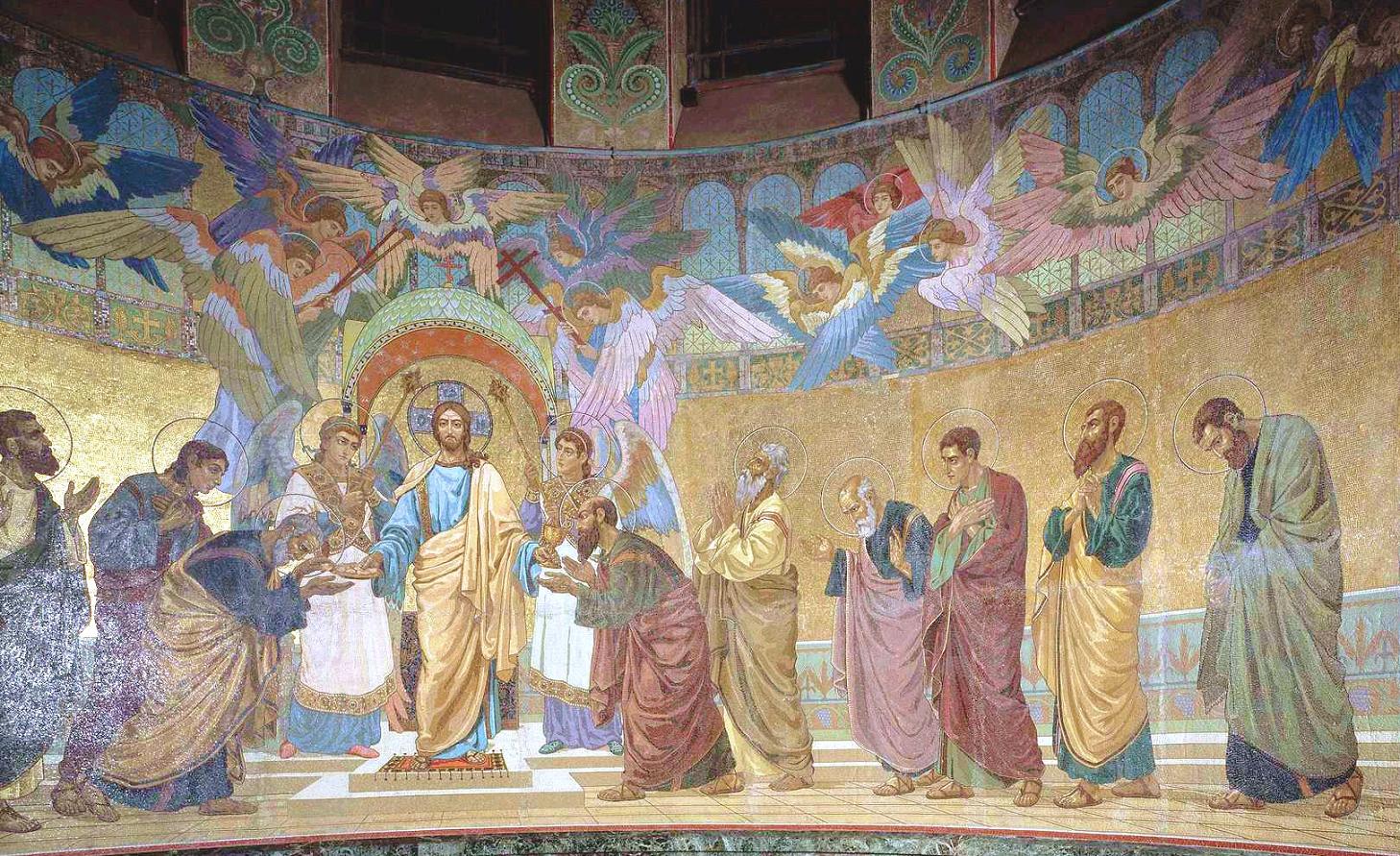
Therefore, my beloved, as you have always obeyed, so now, not only as in my presence but much more in my absence, work out your own salvation with fear and trembling, for it is God who works in you, both to will and to work for his good pleasure.
Phil. 2:12-13
When Evangelicals and other communions debate the nature of justification by faith alone, the Apostle Paul’s singular phrase, “work out your own salvation with fear and trembling” (Phil. 2:12-13) is much discussed. Did Paul mean that our salvation is faith and works? Paul’s use of the word, “work,” is often sighted as proof that salvation is not “by faith alone” (Rom. 4:5). According to some, faith with works following achieve our acceptance before God on the Last Day.
However, the Apostle Paul’s use of “work” is not a work of accomplishing or earning our salvation: an attempt to achieve through our own efforts acceptance with God. No, this “work” is a living out of the life of faith: the indwelling Christ empowering us to make righteous choices and to live selfless lives.
How do we know what the Apostle Paul meant by “work”? In the writings of Paul, he never used justification (i.e., our acceptance with God) synonymously with the word, “salvation.” [Frank Thielman, The NIV Application Commentary: Philippians (Grand Rapids, MI: Zondervan, 1995), 137] Salvation for Paul is not acceptance with God; but sanctification, our growth in Christ.
How are justification and sanctification different? Justification is a looking to God that receives Christ death as our death, his righteousness as our righteousness, and his life as our life. By grace through faith, we stand accepted before God.  Sanctification is progressively grasping Jesus’ victory over our sin by applying that victory in our daily attitudes and actions. Sanctification is living a life that is pleasing to God by being transformed into the image of Christ. Justification is a past event. Whereas, sanctification is an ongoing process.
The “fear and trembling” of which Paul speaks is a fear of the Lord. The fear of the Lord is not a fear of punishment, but the dread of hurting or breaking God’s heart by disappointing his plans and purposes for us. Our responsibility according to Paul is to pursue holiness of heart knowing that one day we must give an account to God for our life choices.
In turn, God promises divine enablement, “For it is God who works in you, both to will and to work for his good pleasure” (Phil. 2:13). “Work” here in the Greek means to energize and this energy produces the desire and ability in us to delight in God’s will and obey God’s word.
In summary, Philippians 2:13-14 teaches that human responsibility and divine empowering simultaneously cooperate together with the Holy Spirit to enable us to obey the words and do the works of Jesus.
Will you begin now? He may be working in you to confess to that fellow-Christian that you were unkind in your speech or act. Work it out. He may be working in you to give up that line of business about which you have been doubtful lately. Give it up. He may be working in you to be sweeter in your home, and gentler in your speech. Begin. He may be working in you to alter your relations with some with whom you have dealings that are not as they should be. Alter them. This very day let God begin to speak, and work and will; and then work out what He works in. God will not work apart from you, but He wants to work through you. Let Him. Yield to Him, and let this be the day when you shall begin to live in the power of the mighty Indwelling One.
F. B. Meyer, The Epistle to the Philippians (Grand Rapids, MI: Kregel, 1979), 110.









